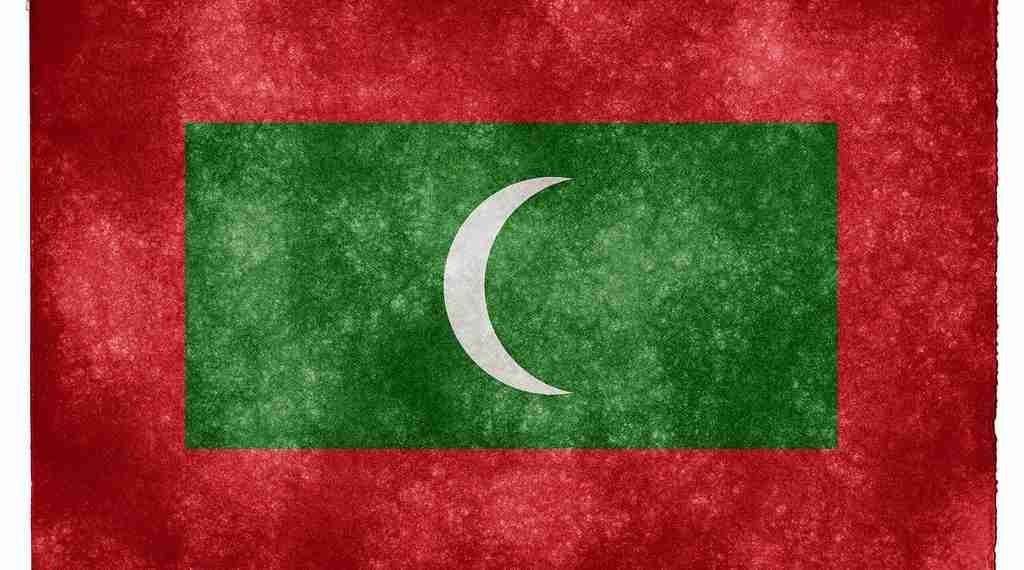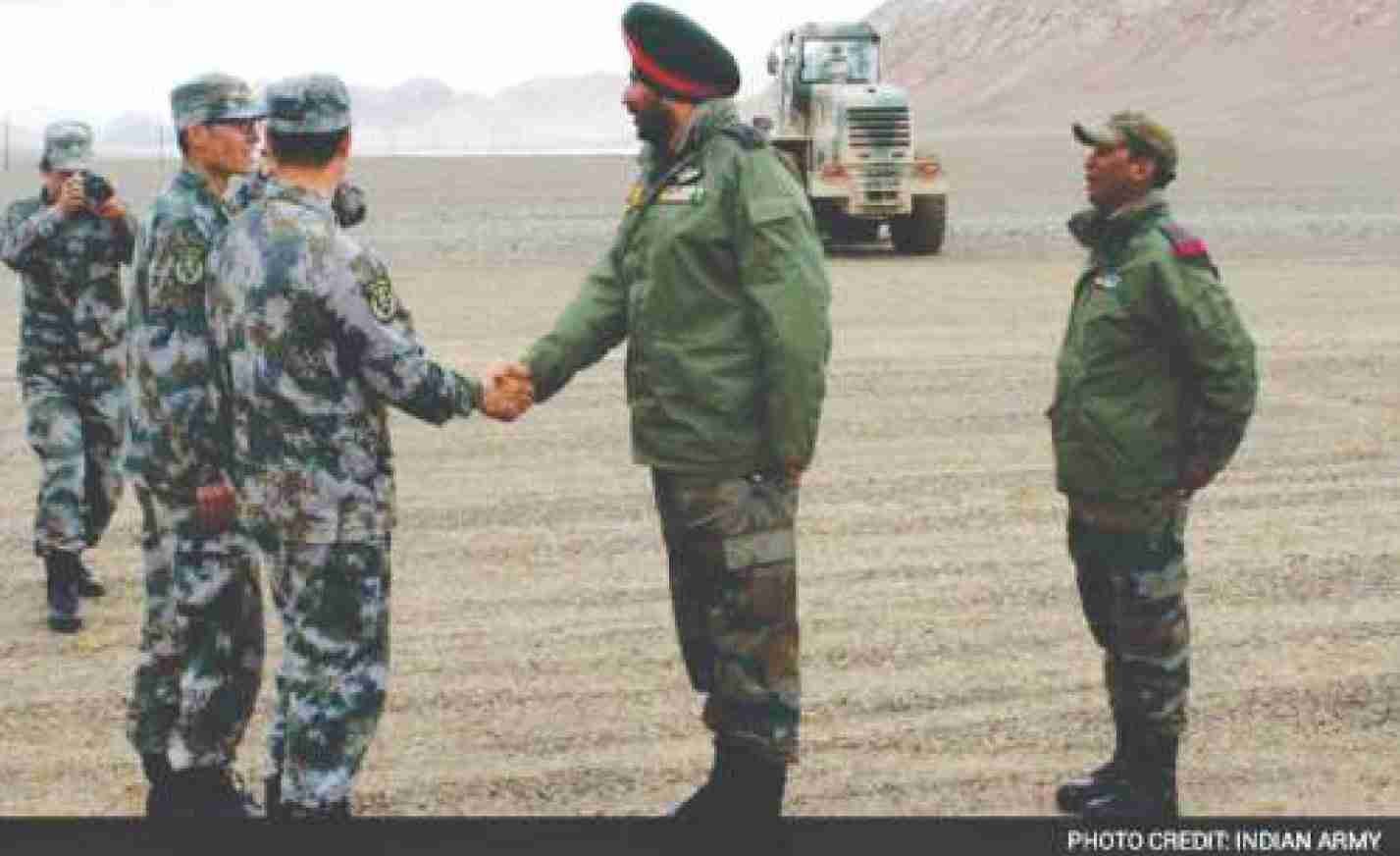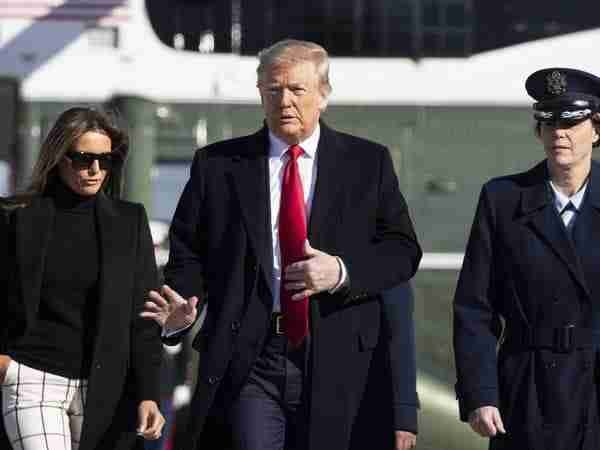Should India intervene in the Maldives as crisis heightens?
Ever since the Maldives plunged into a constitutional crisis following the standoff between the President, Abdulla Yameen and the Supreme Court, and the calls by the former President (now in exile) Mohammed Nasheed for Indians to ‘act’, there has been speculation in India of a possible Indian military intervention, quite likely on the lines of the 1988 ‘Óp- Cactus’ that saw Indian forces counter an attempted coup. However, that intervention took place at the express request of the then President Gayoom. This time there is an elected President in the Maldives, and though considerably discredited, he hasn’t asked for an Indian intervention and neither has their judiciary, the other power centre, which the current President has confronted – for the Supreme Court’s decision to free all political prisoners that put the President in a spot – invited Indian intervention. Thus, an Indian military intervention would bring forth all sorts of criticism, most specifically from China, that has been a major beneficiary of current President Yameen’s policies.
The role of China in the situation
Apart from China’s deep-pockets and their focused efficiency to achieve goals, India’s loss of influence could also be due to its diplomatic complacency. It had led to a loss of influence in Sri Lanka before and now, Nepal. China’s influence has been growing steadily in the Maldives, more so, after the signing of the Free Trade Agreement (FTA) in 2017, that allows China to flood the islands with cheap Chinese goods. Soon thereafter, Chinese warships visited the Maldives, despite Indian objections. In the wake of all this involvement, the current government of President Yameen slipped into China’s camp, with Yameen’s government pushing out Indian entities from the islands where the Chinese were making investments. However, as China’s economic investments are often designed to cover their strategic interests, the Maldives was no different. Here, China interests in an unrestricted access to the 1.5 degree channel – essential for China’s Indian ocean footprint – and eventually the 8 degree channel, which lies very close to Indian shores. The Chinese are keen to acquire as many bases in the Indian Ocean region as they can—with deals over Djibouti, Gwadar, and Hambantota, all in place—to facilitate their Belt and Road Initiative (earlier the OBOR).
The reason to not intervene
Thus, devoid of grounds to intervene; since the Maldives is not in the midst of a humanitarian crisis, New Delhi has adopted a wait and watch policy for now. Even though India has in the past, intervened in its neighbourhood, it has done so either to stop a genocide (as it did in East Pakistan, now Bangladesh, in 1971) or in Sri Lanka in 1987, at the invitation of the the President Jayawardene.
In both the countries, New Delhi was unable to diplomatically exploit the success of its military operations. More so, post-intervention, the job of fixing the problems of others nations is never an easy one. The Maldives has a fractured political elite, that is now acutely conscious of its strategic location, and is keen to leverage that with the highest bidder— China. For India, the island country of about half a million people is quite literally in its backyard, and while India may be keen to deny China a presence there, India itself doesn’t need a presence there to achieve its aims in the Indian Ocean region. What India needs instead, is to invest more heavily in the Navy’s capabilities, to provide a formidable counter to China in future. Therefore the question for New Delhi is: “Whether the intervention will serve many purposes?”



